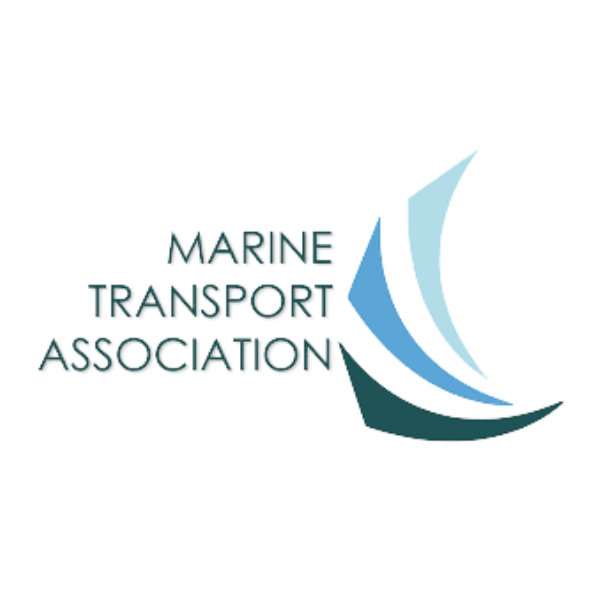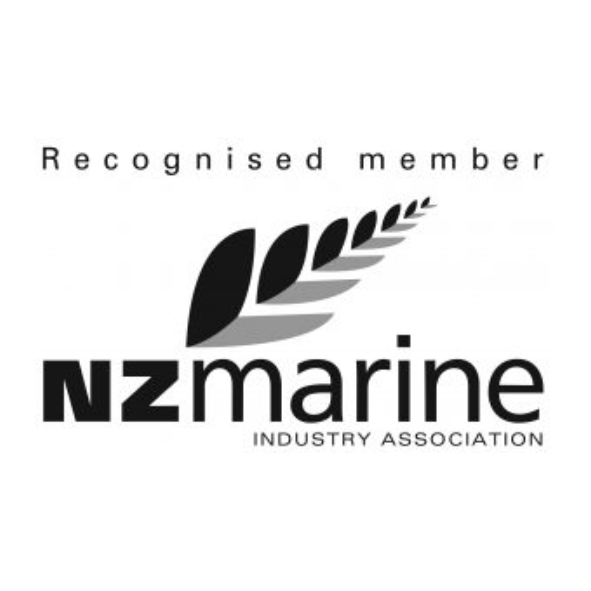Maritime Labour Convention (MLC)
Does MLC apply to you?
The MLC will apply to you if you are a seafarer on a vessel:
- 200 GT or more and operating outside inshore limits, and
- It is not a fishing vessel.
A seafarer is anyone employed or engaged on a ship in any capacity related to the operation of the ship.
The Master is also considered to be a Seafarer.
Seafarer Employment Agreement (SEA)
Every seafarer serving aboard a ship to which MLC applies must have a signed seafarer employment agreement, which as a minimum, must contain the following:
- seafarer and shipowners name and details
- capacity in which you are employed
- wages to be paid to you
- your leave entitlements
- how the agreement can be terminated
- health and social security protection benefits
- your entitlement to repatriation
- You must be provided with a signed original copy of your SEA, and a copy must be kept onboard by the shipowner or master.
Cadets
If you are a cadet, and not in paid employment, you are still considered under New Zealand law to be a seafarer.
- The following MLC requirements apply to cadets:
- minimum age
- medical certification
- hours of work or rest
- accommodation
- on-board recreational facilities
- food and catering
- health and safety and accident prevention
- on-board medical care
- on-board complaints procedures
- financial security for repatriation
As a cadet, you may not have an SEA. However, Maritime NZ requires:
you to have a signed written agreement between yourself and your training provider which provides for protection of living and working conditions as above
that a written agreement between the ship owner and the training provider you are enrolled with regarding your training, welfare and responsibilities while on the ship
the agreement must reflect that while you are not in paid employment, the ship owner is still obligated to ensure minimum standards are met in each of the above requirements.
What are your minimum rights under MLC?
Wages
You must be paid your wages in full at no more than monthly intervals.
You must be given the option to transmit all or part of your wages to a nominated person. If you do have all or part of your wages transmitted, any charges must be reasonable.
If wages transmitted are to be exchanged into a different currency, the rate of currency exchange, unless otherwise agreed, must be at the prevailing market rate or official published rate and not unfavourable to you.
Leave
You are entitled to a minimum of 2.5 calendar days per month of service.
On New Zealand ships, the minimum amount of paid annual leave is specified in the Holidays Act. The maximum period of continuous service (without annual leave taken) must not exceed 12 months.
On foreign-flagged ships, you must refer to your flag state requirements for the maximum period of continuous service onboard before your become entitled to leave.
Repatriation
Your SEA will specify details of repatriation. The cost of repatriation is the responsibility of the shipowner
Hours of work and rest
Your maximum hours of work shall not exceed:
- 14 hours in any 24-hour period; and
- 72 hours in any 7-day period.
Alternatively, your minimum hours of rest shall not be less than:
- 10 hours in any 24-hour period; and
- 77 hours in any 7-day period.
For New Zealand ships, the owner and master of the ship are required to establish and enforce rest periods and post a table of the shipboard working arrangements with the minimum hours of rest required. Records of hours of rest must be maintained. These must be endorsed by the master and seafarer and kept on board
Recreation space
You must have recreation space onboard that meets the requirements of Maritime Rules Part 51. In addition, the shipowner must specify what recreational facilities are provided. These recreational facilities, amenities and services must meet the special needs of seafarers who live and work on the ship.
Food
You must be provided with food and water free of charge during your period of engagement.
You must be provided with adequate, varied and nutritious meals, which have been prepared and served in hygienic conditions. Meals prepared for you must meet any religious requirements you have or cultural practices as they relate to food. Drinking water must be of appropriate quality.
The ship you are on board is required to have a qualified ship’s cook if:
it has a crew of 10 (including the master) or more, or
it is 1000GT or greater operating in an unlimited area.
If you are working on a ship as a ship’s cook
Maritime NZ can provide you with a letter confirming that your New Zealand cooking qualification meets the requirements of the Maritime Labour Convention.
Maritime NZ will accept a ship’s cook certificate issued by an administration that is party to the Maritime Labour Convention. You do not need to apply for recognition of that certificate
Medical care
On New Zealand ships, if you are overseas you must receive all necessary medical attention at the employer’s expense.
While in New Zealand, seafarers have access to the public health system. Maritime Rules Part 50 prescribes medical stores and medical guidance about what must be carried on a New Zealand ship.
Accomodation
Maritime Rules Part 51 sets the standards for all areas of a ship that crew occupy. This includes the sleeping and recreation rooms, galleys, laundries, sanitary accommodation (baths, showers, WCs), drying rooms, and store rooms. It also sets minimum standards for heating and ventilation.
Recruitment
You must not be charged a fee to be recruited to work aboard a ship. If you require assistance, a Recruitment and Placement Service provider may charge you a reasonable fee to obtain documentation, limited to the following documents:
- Certificate of medical fitness
- Seafarer’s qualification
- National seafarers’ record book
- Passport
- Travel document (other than a visa)
Making an MLC complaint
You can make a complaint if the living and working conditions outlined above have not been met.
If seafarers are unable to resolve a complaint first by using the ship’s on-board complaints procedure, they can contact Maritime NZ direct:
– by using our online complaints form
– call toll free on 0508 22 55 22 or ring the local Maritime NZ office
– talk to one of our maritime officers in person in port, or on the ship For more information please visit Making a complaint – Maritime NZ
Medical certificates
All seafarers aboard a ship must hold and maintain a certificate of medical fitness.
Holders of New Zealand certificates of competency and certificates of proficiency are already required to hold a current certificate of medical fitness. The prescribed standards for those medical certificates are aligned with the STCW medical standards and so meet the required MLC standard.
Other seafarers who are not holders of certificates of competency or proficiency must hold the following:
For SOLAS ships and ships engaged on international voyages, an STCW-compliant certificate of medical fitness issued by a Maritime NZ-approved medical practitioner;
For ships engaged on domestic voyages only, a certificate of medical fitness issued by a New Zealand registered medical practitioner, in accordance with Maritime Rules Part 34


